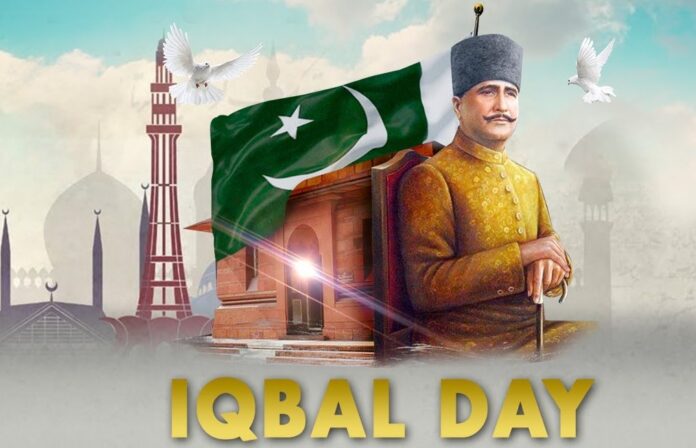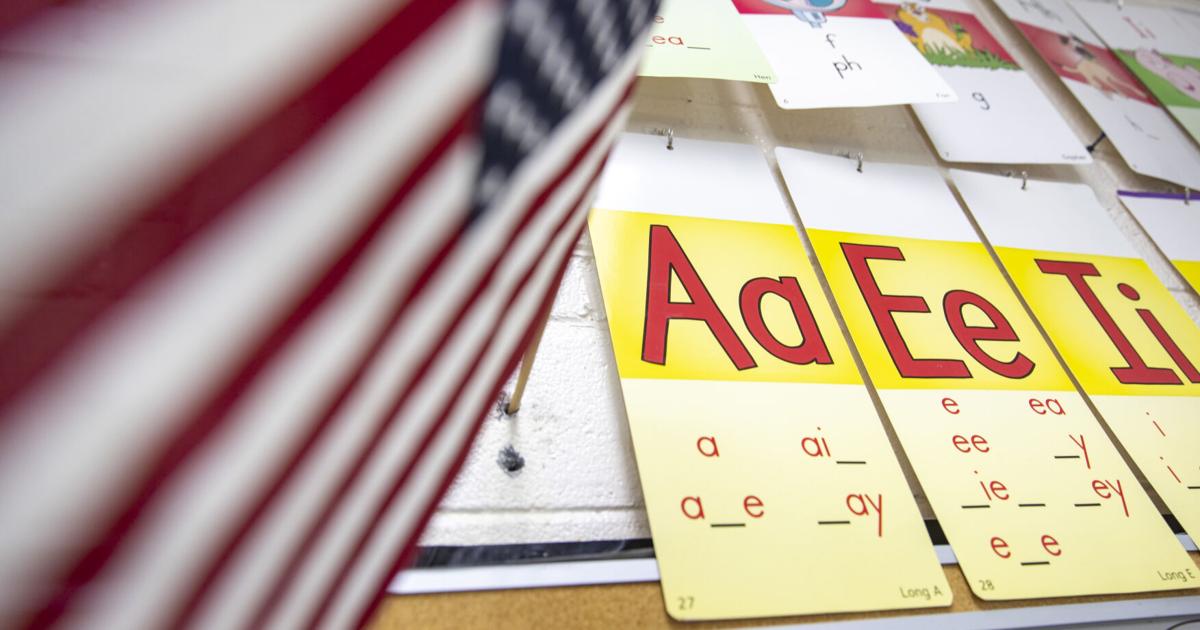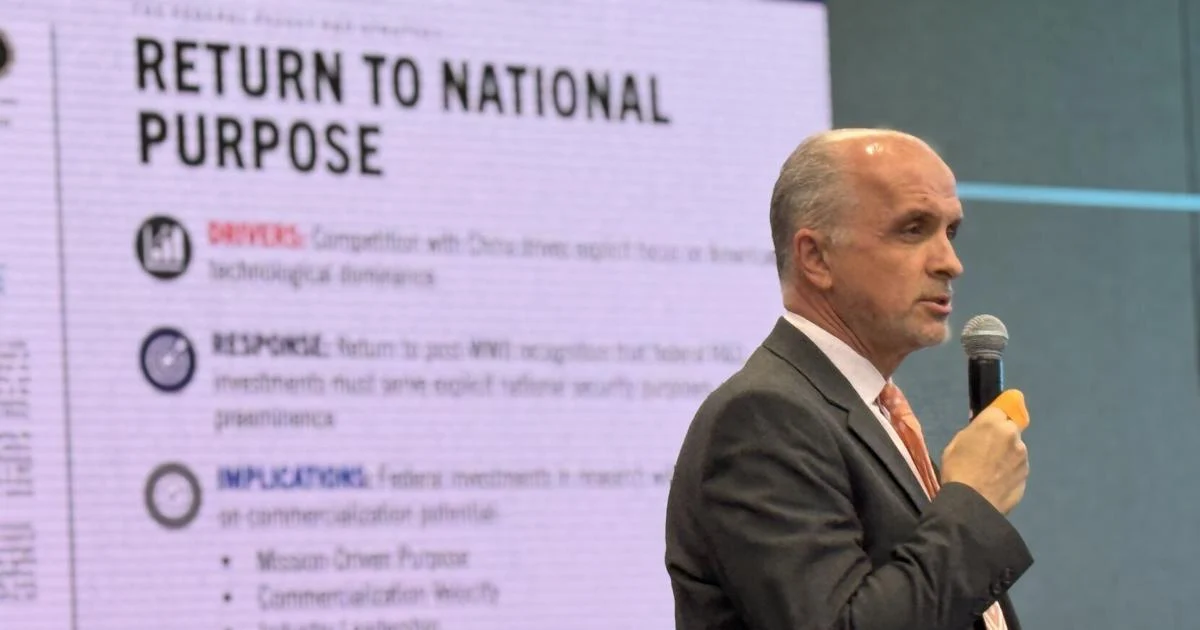Copyright pakistantoday

Speaker, Deputy speaker and AJK PM lead tributes on Iqbal Day, calling his message a roadmap for revival Say Iqbal’s philosophy laid Pakistan’s intellectual foundation, stress weaving Iqbal’s ideas into education and national policy HRCP’s Iqbal Conference underscores global relevance of Iqbal’s thought, saying Iqbal’s teachings on dignity, justice and selfhood remain vital today ISLAMABAD/MIRPUR: National leadership, prominent institutions, and civil society on Saturday paid rich tribute to Poet-Philosopher Allama Muhammad Iqbal, underscoring that his vision of selfhood, freedom and dignity continues to inspire Pakistan’s national consciousness and guide the Muslim world. As the nation prepares to observe Iqbal’s birth anniversary on Sunday, calls grew for reviving his message of Khudi, unity and moral renewal to address contemporary challenges. In his message, Speaker National Assembly Sardar Ayaz Sadiq said Allama Iqbal’s philosophy was not only the intellectual foundation of Pakistan’s creation but also “a beacon of guidance for the entire Muslim world.” He noted that Iqbal awakened the Muslims of the subcontinent to their distinct identity and gave them the dream of an independent homeland rooted in spiritual, moral and collective revival. Ayaz Sadiq urged the country’s youth to internalize Iqbal’s teachings of selfhood and self-respect, emphasizing that national development depended on young people becoming confident, morally grounded and committed to service. “Iqbal’s dream was never confined to territorial freedom alone; it was a call for intellectual, moral and spiritual awakening,” he said. The Speaker reaffirmed the resolve that by following Iqbal’s guiding principles of faith, unity and disciplined action, Pakistan could be transformed into a welfare-oriented, peaceful and prosperous state. Deputy Speaker National Assembly Syed Ghulam Mustafa Shah, in his message, echoed similar sentiments. He said Iqbal’s poetry “awakens hearts and enlightens minds,” offering the Muslim Ummah a timeless message of selfhood, conviction and ceaseless effort. He stressed that Iqbal’s ideas must be embedded in national policies, education systems and society’s collective mindset. Quoting Iqbal’s reflections on individual responsibility, he said Pakistan’s future stability and prosperity rested on unity, hard work and civic awareness among its citizens. Meanwhile, Azad Jammu and Kashmir Prime Minister Chaudhry Anwarul Haq described Allama Iqbal as a visionary thinker whose message would continue to enlighten future generations. In his special message for Iqbal’s birth anniversary, he said the Poet of the East left behind an unparalleled legacy in modern intellectual and political history. The AJK premier added that it was Iqbal who first conceived the idea of Pakistan—a dream later realized under Quaid-e-Azam Muhammad Ali Jinnah’s leadership. Anwarul Haq said it was a matter of pride that Allama Iqbal hailed from Kashmir and strongly supported the struggle of Kashmiri Muslims against the oppressive Dogra rule. “The State of Jammu and Kashmir was an integral part of the homeland that Iqbal had envisioned for the Muslims of the subcontinent,” he noted, according to the AJK government’s media wing. In Islamabad, an “Iqbal Conference” organised by the Human Rights Council of Pakistan (HRCP) at the National Language Promotion Department highlighted Iqbal’s global intellectual influence. Addressing the conference, Prof Fateh Muhammad Malik said Iqbal’s concept of Khudi transcended borders and offered universal guidance. He noted that Iqbal built an intellectual bridge between the East and West, urging humanity to rediscover its true purpose. Chairman HRCP Jamshed Hussain said Iqbal’s philosophy awakened nations with the spirit of selfhood, dignity and freedom. He stressed that Iqbal’s emphasis on peace, tolerance and mutual respect was urgently needed in today’s polarised world. Other speakers said Iqbal’s teachings remained deeply relevant, offering moral clarity and intellectual direction to modern societies. The event concluded with student performances, speeches on Iqbal’s poetry and a flute rendition of his verses by renowned artist Afzal, which received wide applause.



